Jim Stimson Reports on 12.10.2015
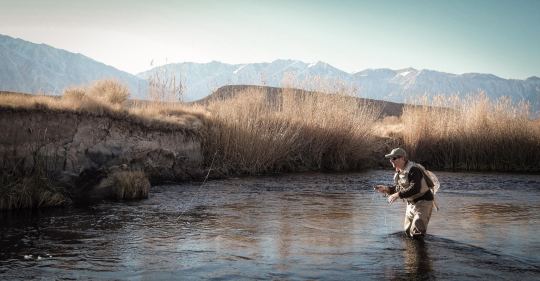
Most of the weather models are coming into agreement, the Eastern Sierra by Thursday
will be getting pounded by a substantial storm. Even though we are off
to a good start to winter, we are still behind the Eight Ball at about
33% of normal precipitation for this time of year. Soooo, bring it on!
We will need many wet storms to start erasing four years of drought.
Here’s to a wet December. Cheers!
Lower Owens River
The
flows have been lowered to about 66 cfs. It is easy wading and the
river is “grabby” again. The trout are settling into their winter habits
and habitat. The water temperatures have dropped, so the fish are
seeking the quiet water along seams and the deeper buckets below tail
outs. For indicator nymphing, tie on black zebra midges in the mornings
then make a bug adjustment as the temperatures rise. Go for something in
the baetis family next. Right around lunch time look for rises along
the foam lines. The browns have been sucking down BWO’s. Keep your eyes
peeled for these mayflies as they start lifting off the water surface.
The hatch seems to occur just before noon.
Eat your lunch early, otherwise, you may miss incredible top water
action. The swallows start swooping down along the river competing with
the trout for this bounty of food. Anticipate the hatch…. Small Adams
patterns, hackle stackers, anything sized 18-20 that sits on or within
the film will trigger a response.
Upper Owens River
The
flows have stabilized on the Upper Owens (42 cfs) and fishing is on the
slow side. You can get fish here and there. The big rainbows are
beginning to make the migration into the river system from the lake. As
the water temperatures begin to fall, you may find nice rainbows,
browns, and the odd cutthroat in the tail outs. Try small pheasant
tails, about a sized 18. Make sure you are getting your nymph rigs deep
enough. A combination of enough split shot and setting your indicator
deep enough is the trick. I think the key is patience. Keep grinding
away on a run. Make sure you are covering a tail out thoroughly, start
your drifts near and end far. The fish are lethargic. Putting your bugs
right in front of their faces is the key to success, sometimes. Good
luck out there.
Read more
Winter SteelheadOur first day of winter steelhead season started off with a bang.We hit two steelhead and farmed a third in just over 2/3 of a day fishing. The next day our luck wasn’t as good and ...
Jon Baiocchi / Baiocchi’s TroutfittersCurrent conditions on the Lower Yuba River remains fair to good depending on the day and the location. Resident rainbows seem to be podded up below redds, and ...

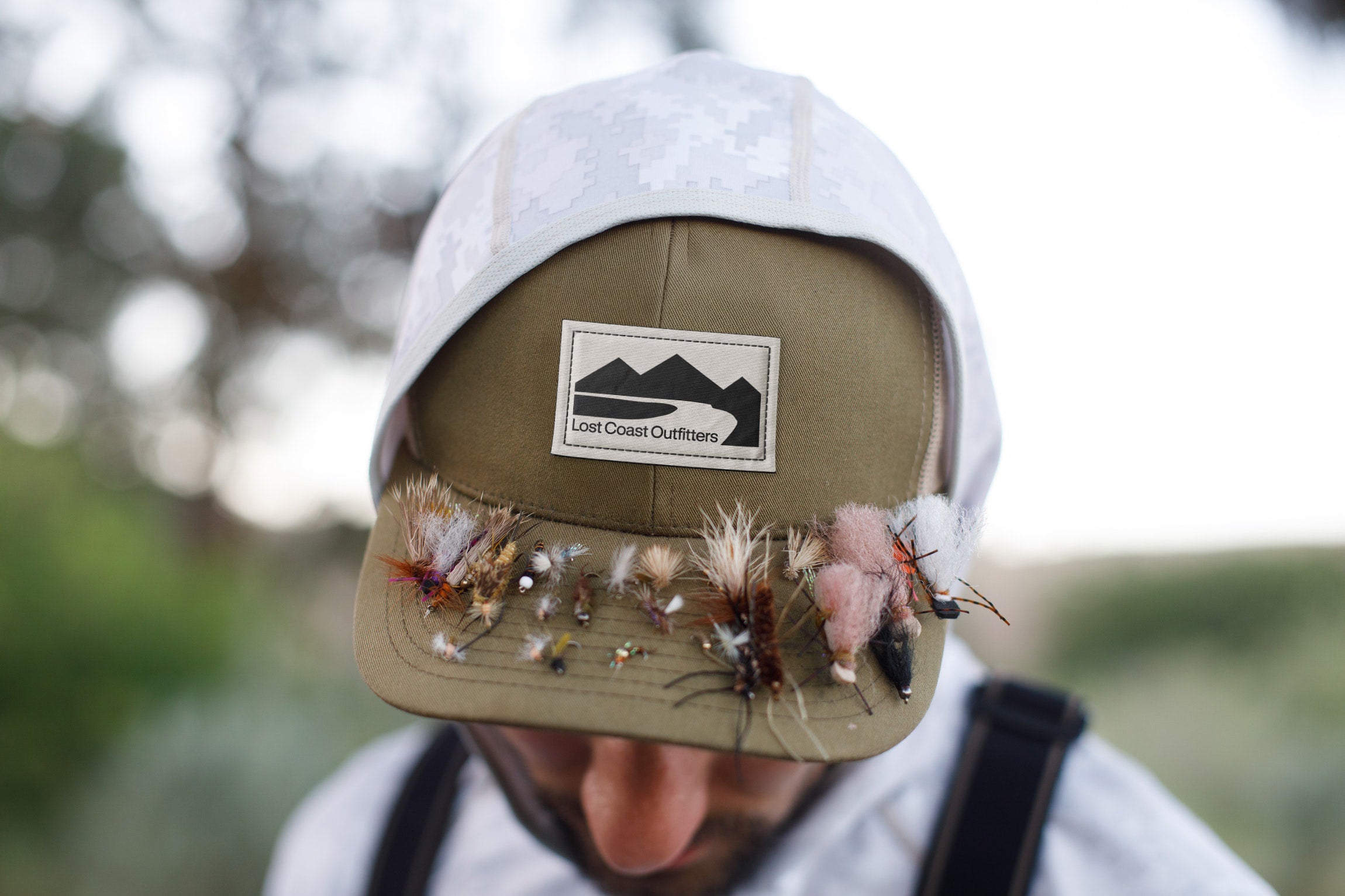
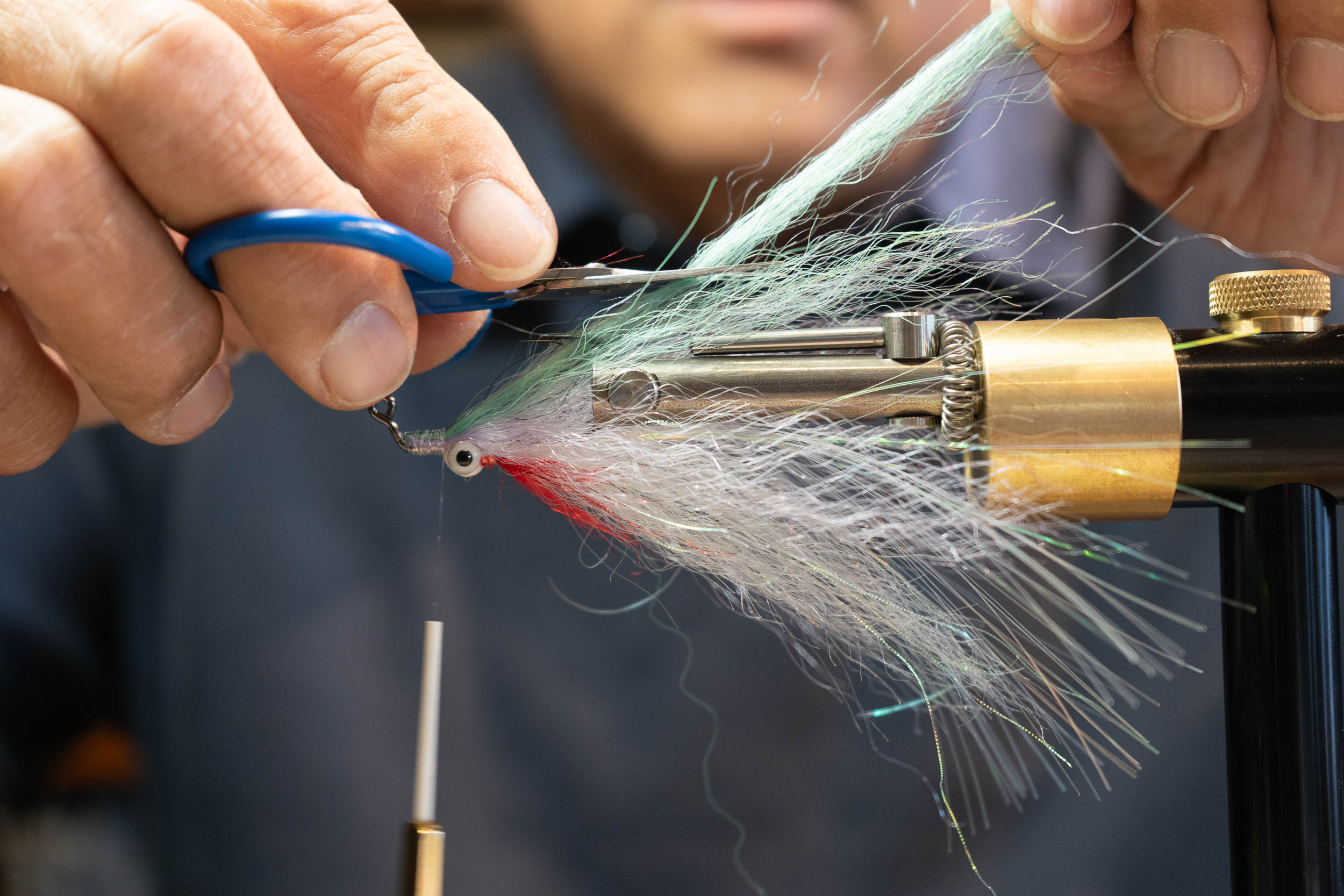
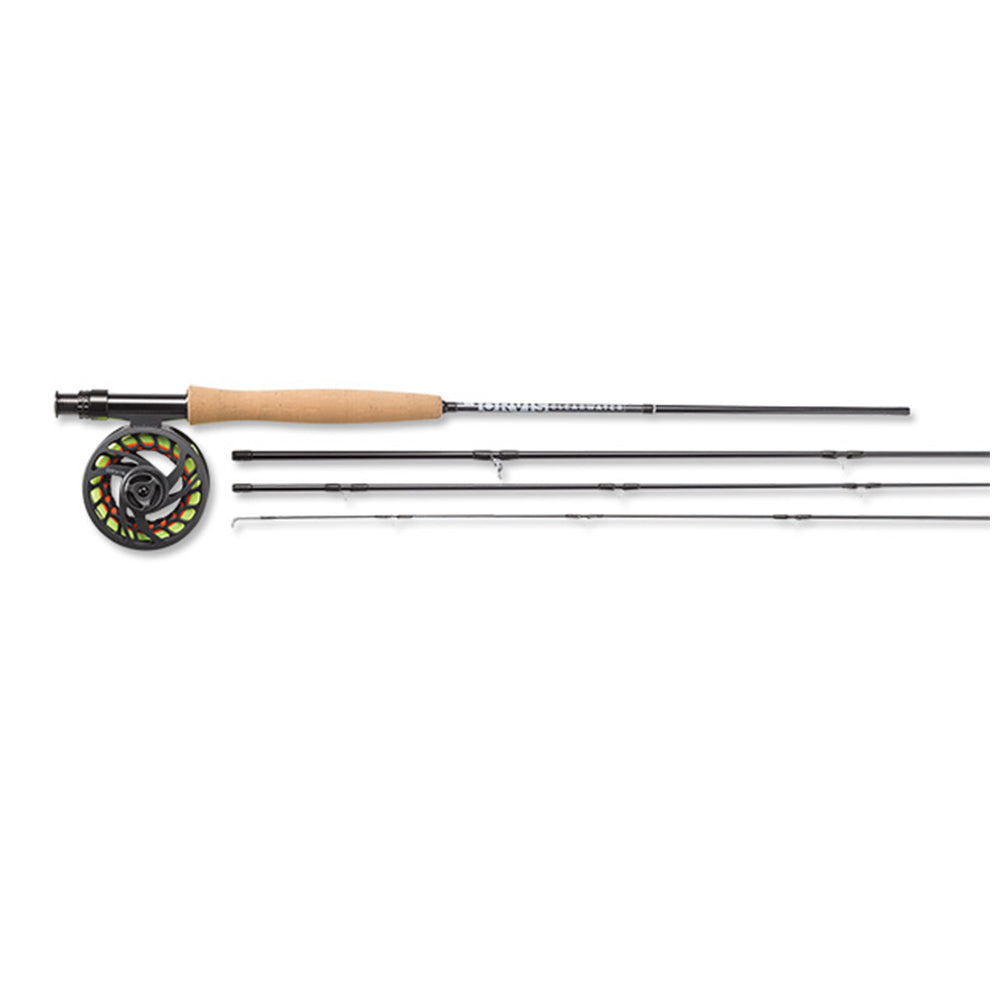
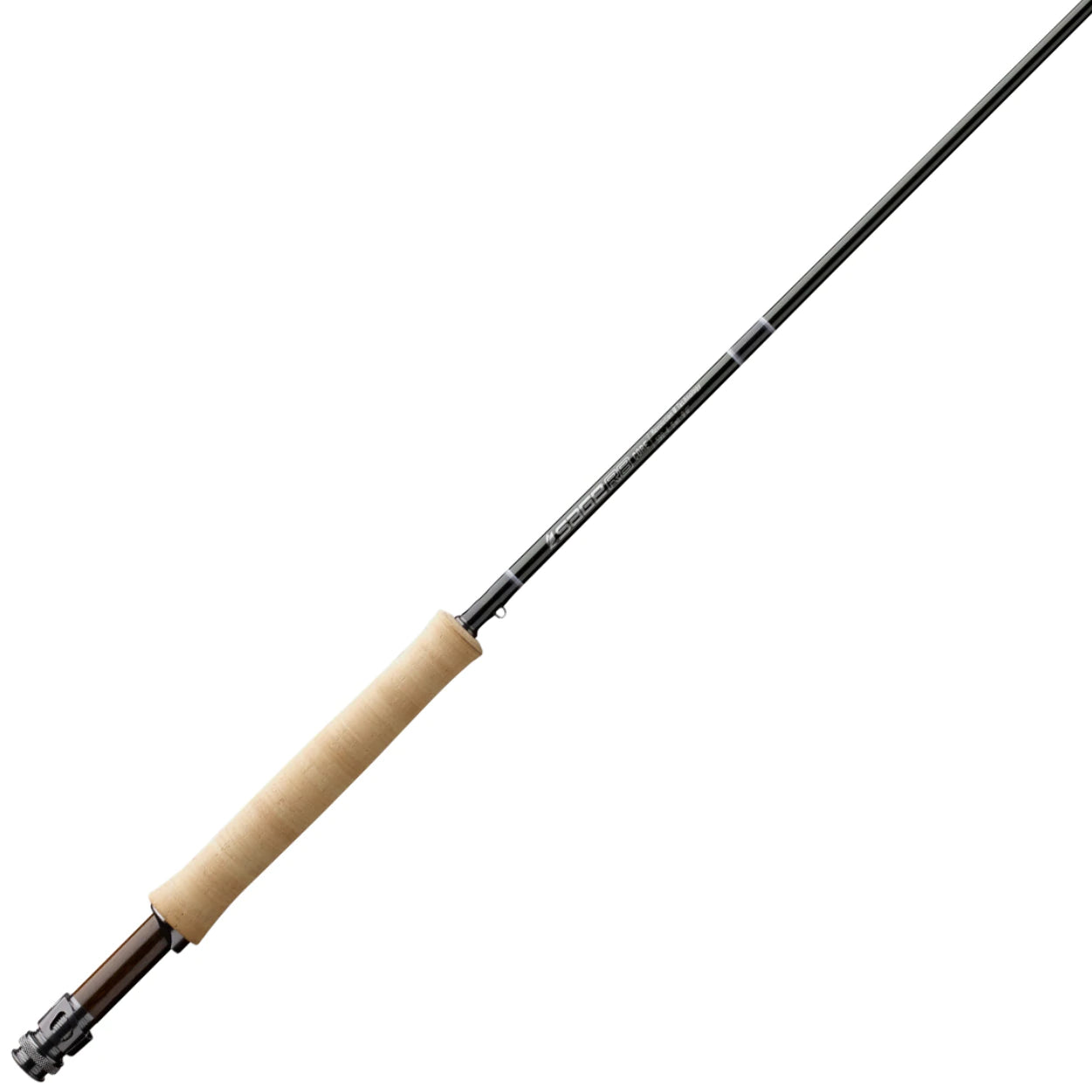
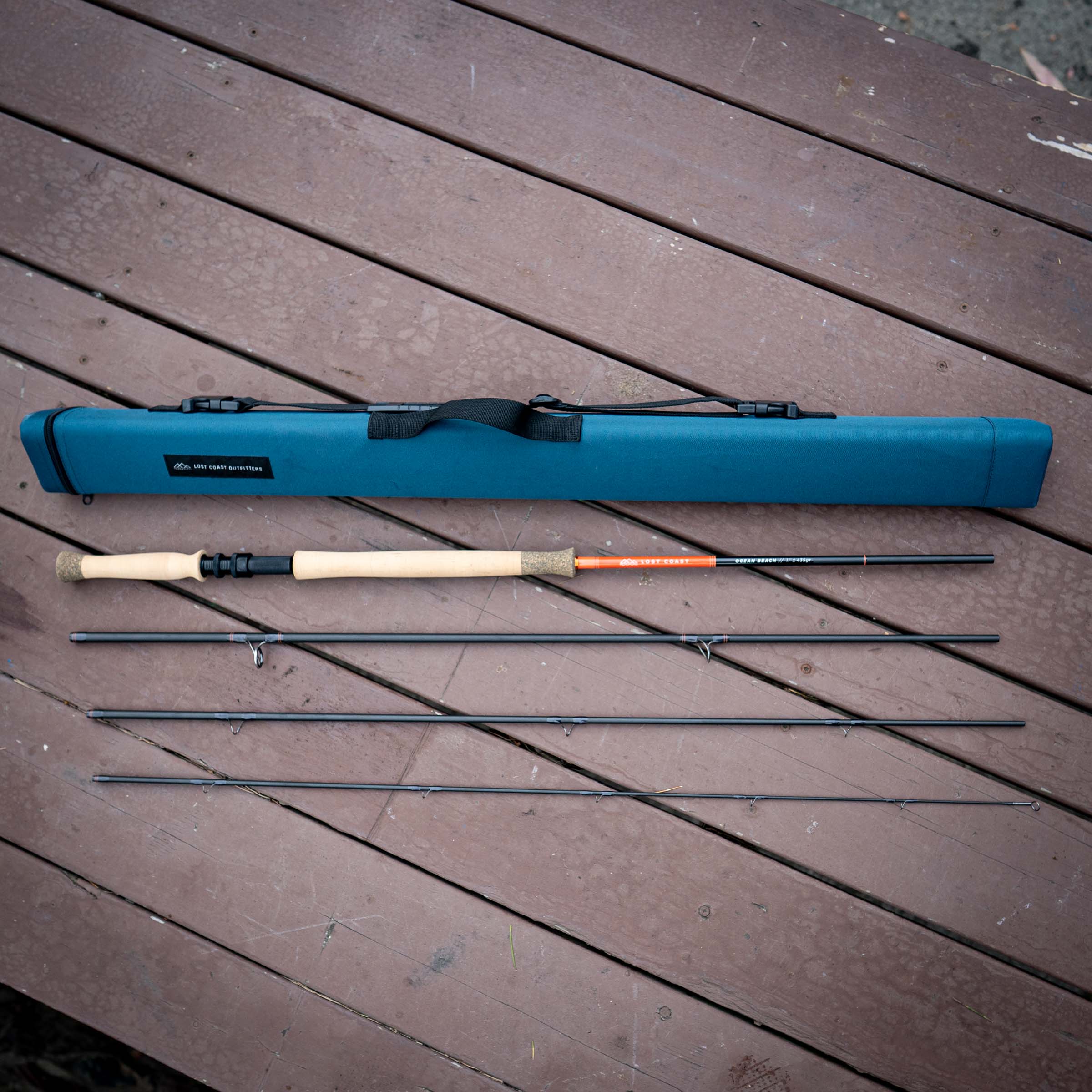

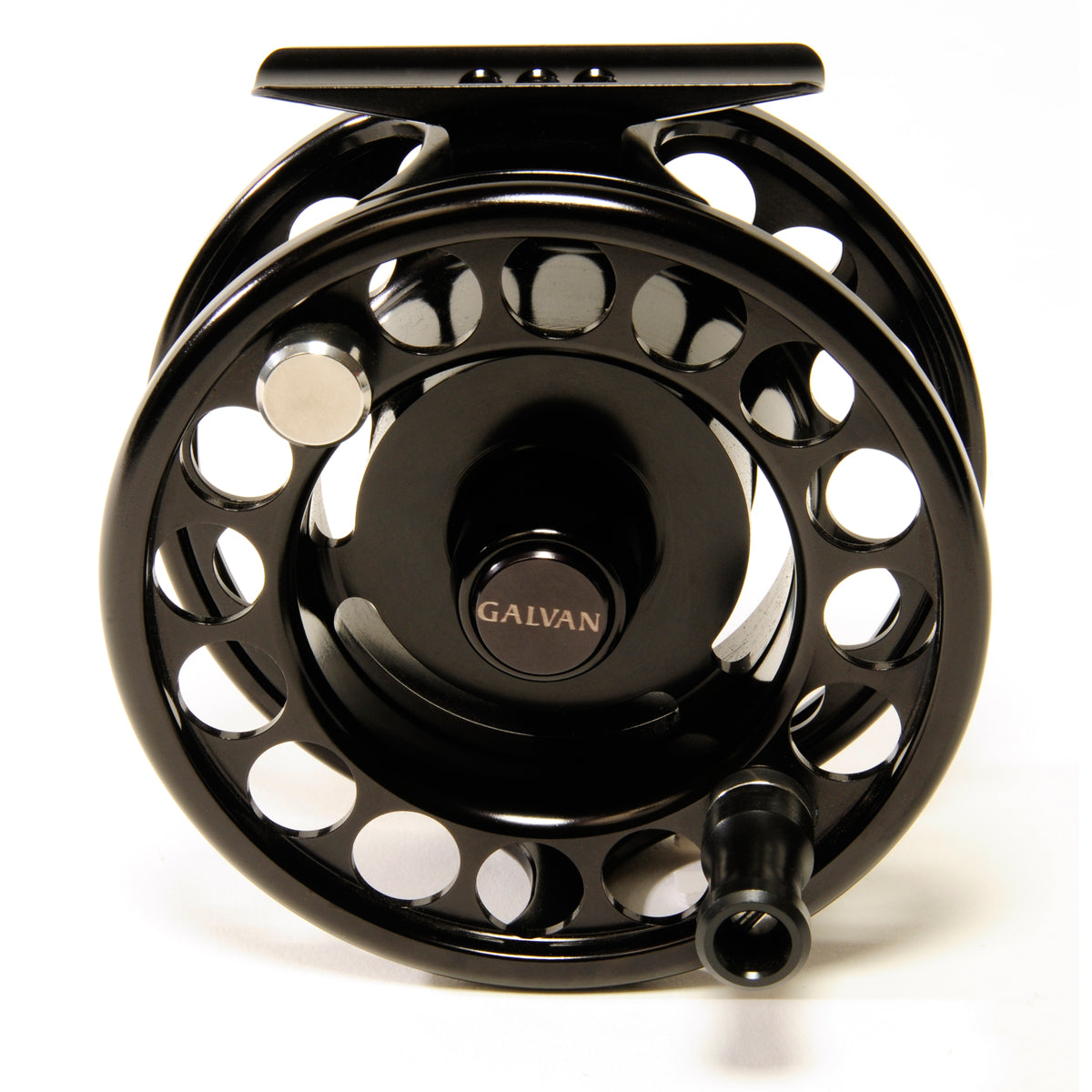
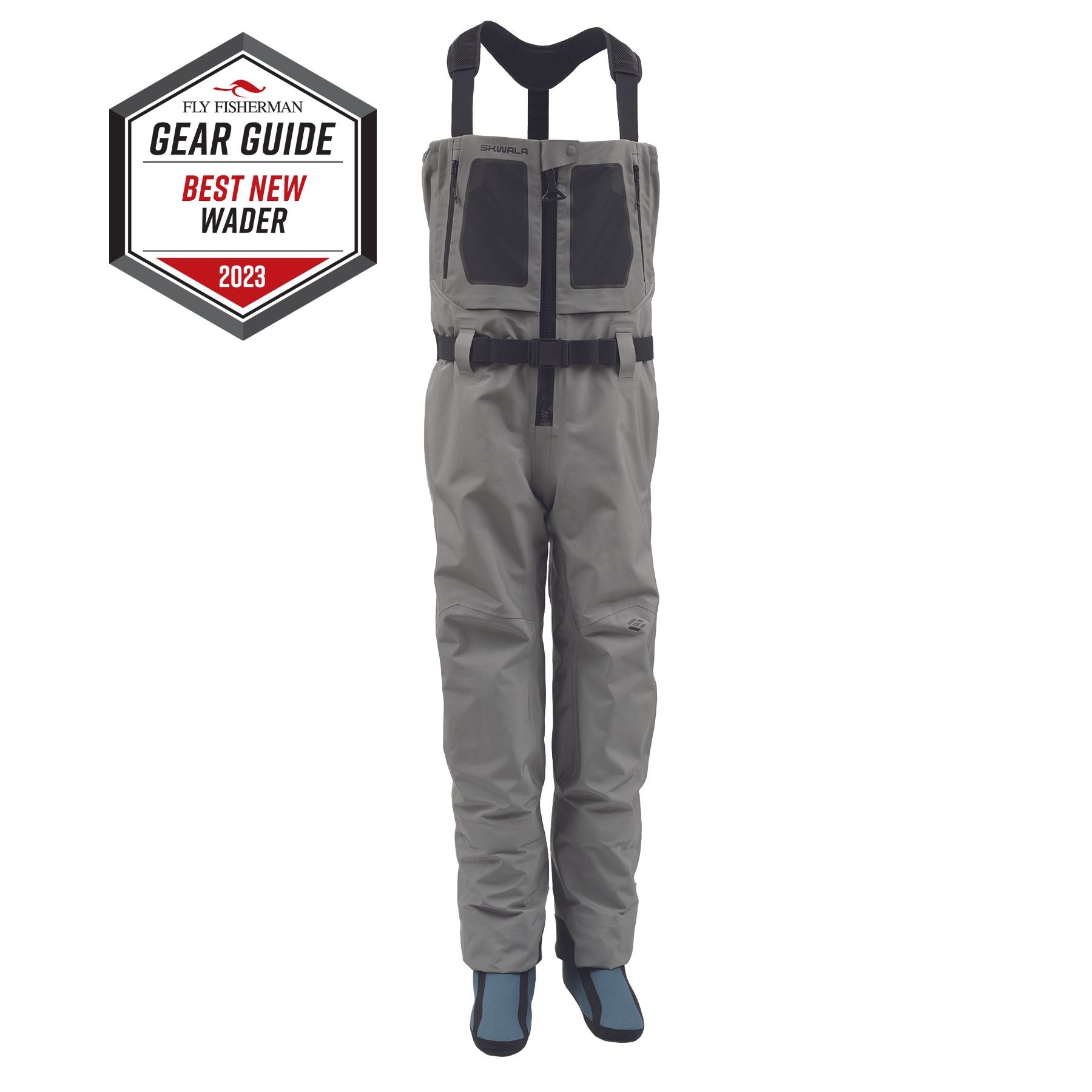
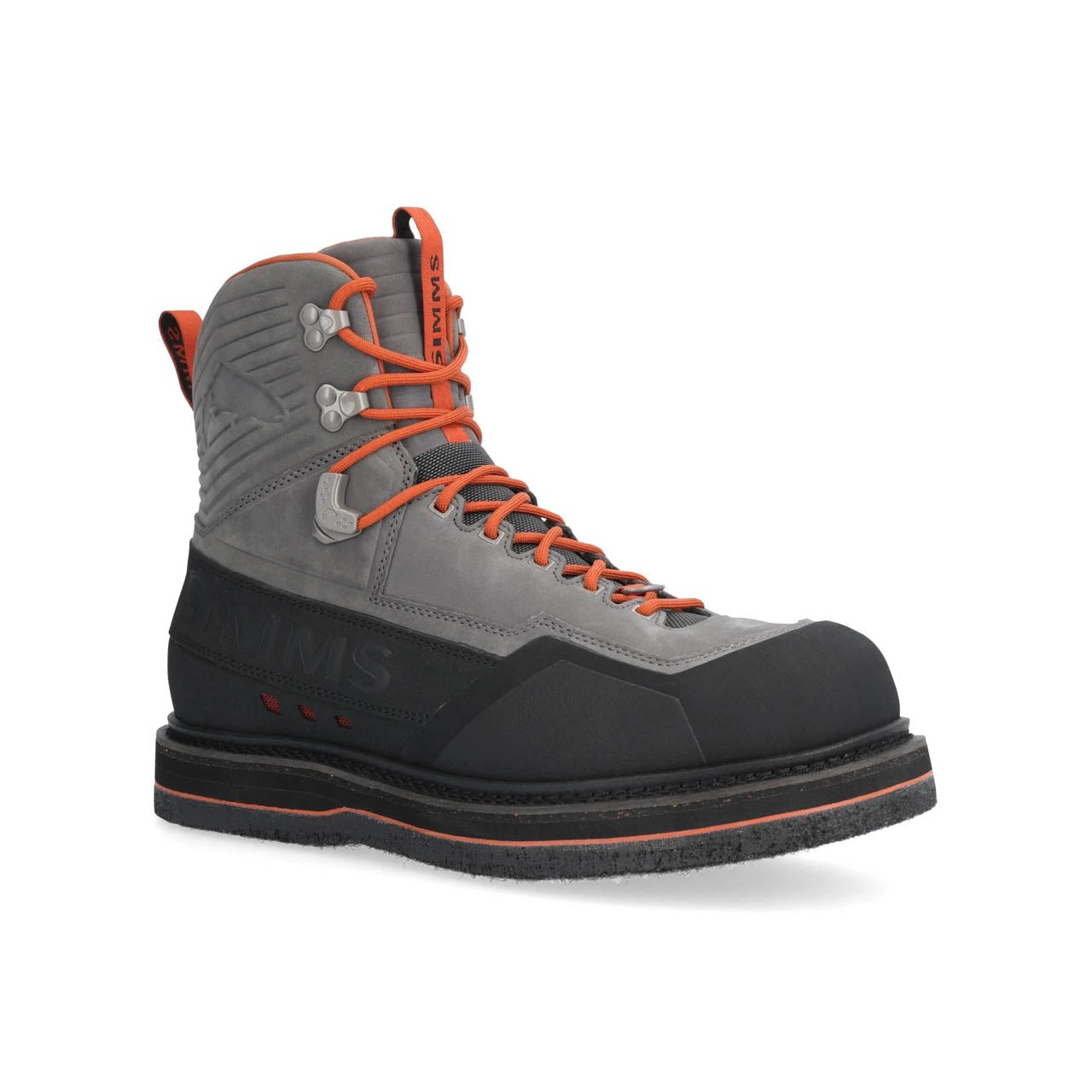
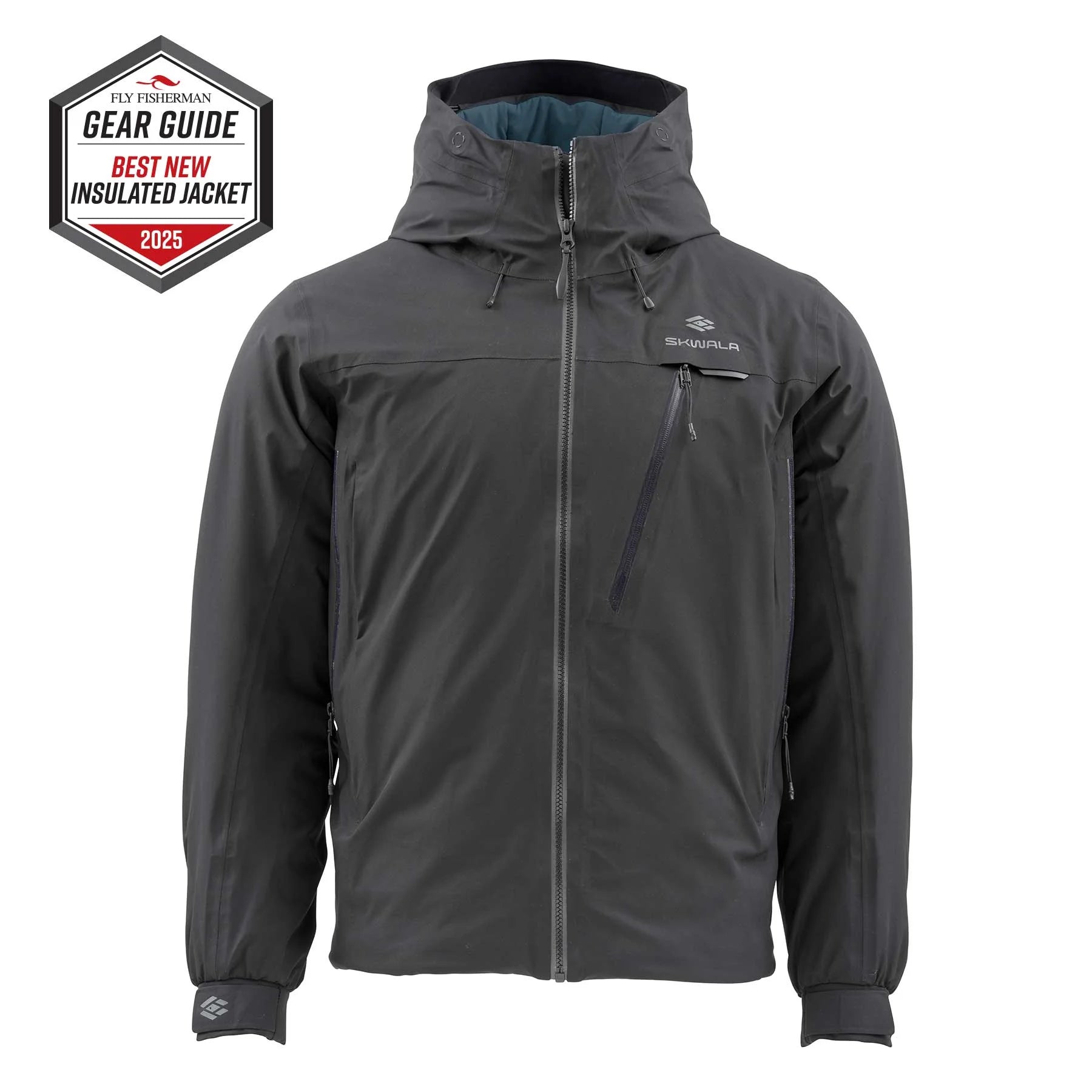



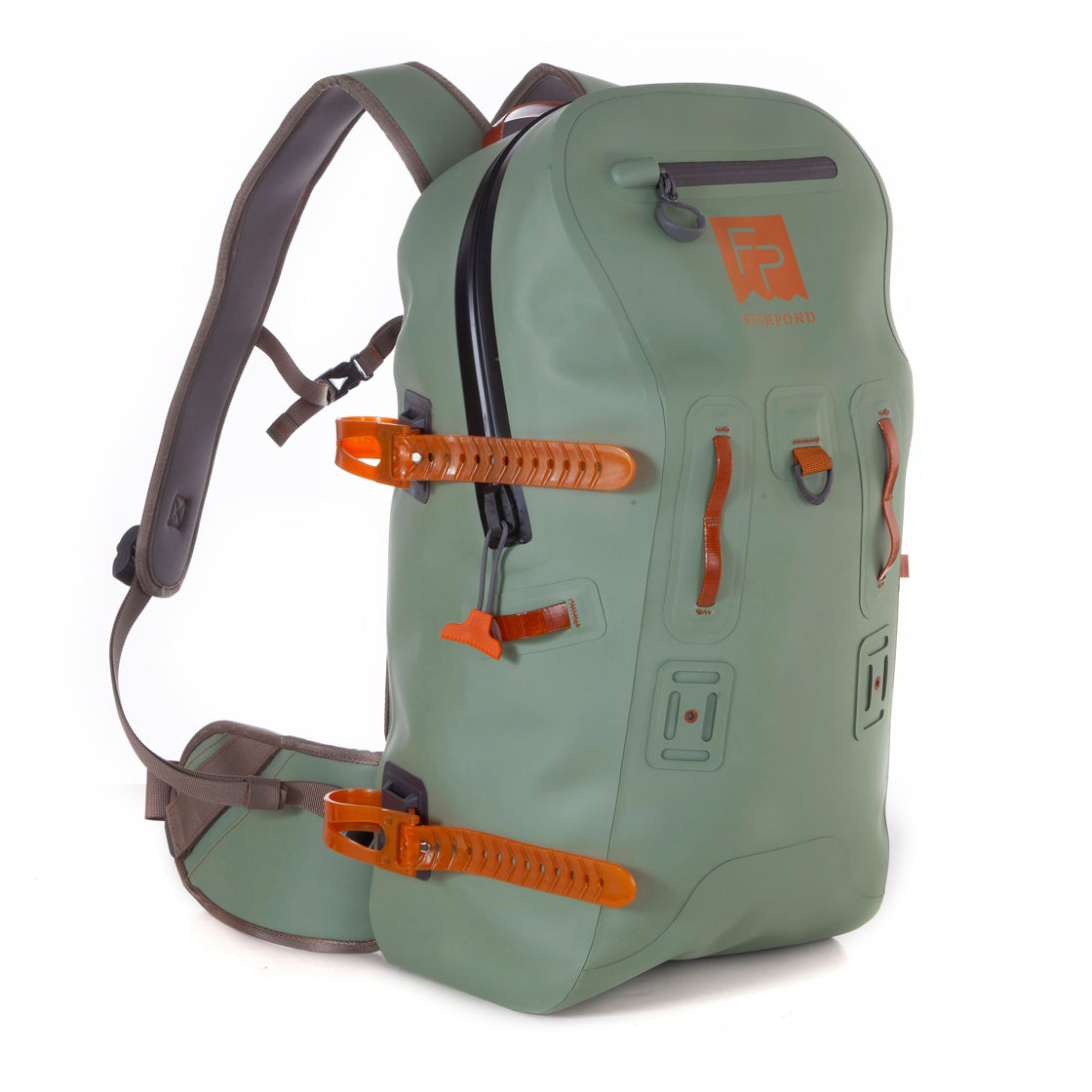
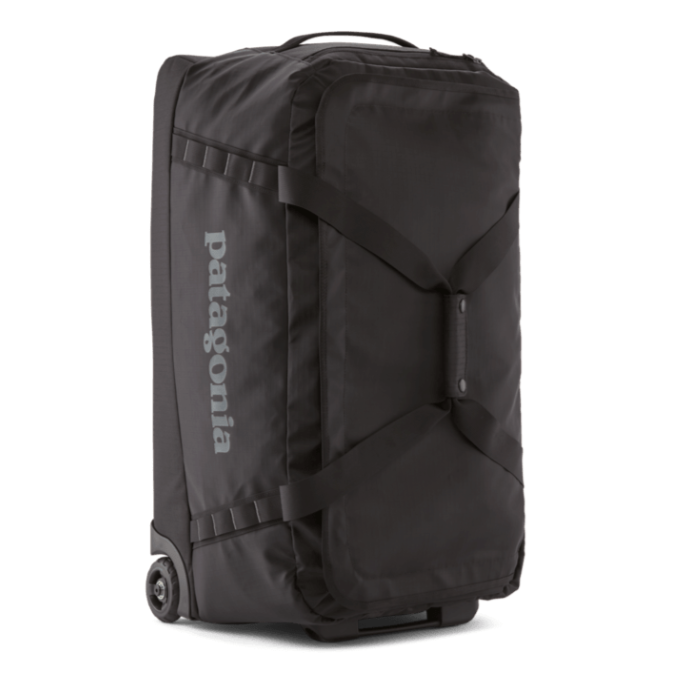
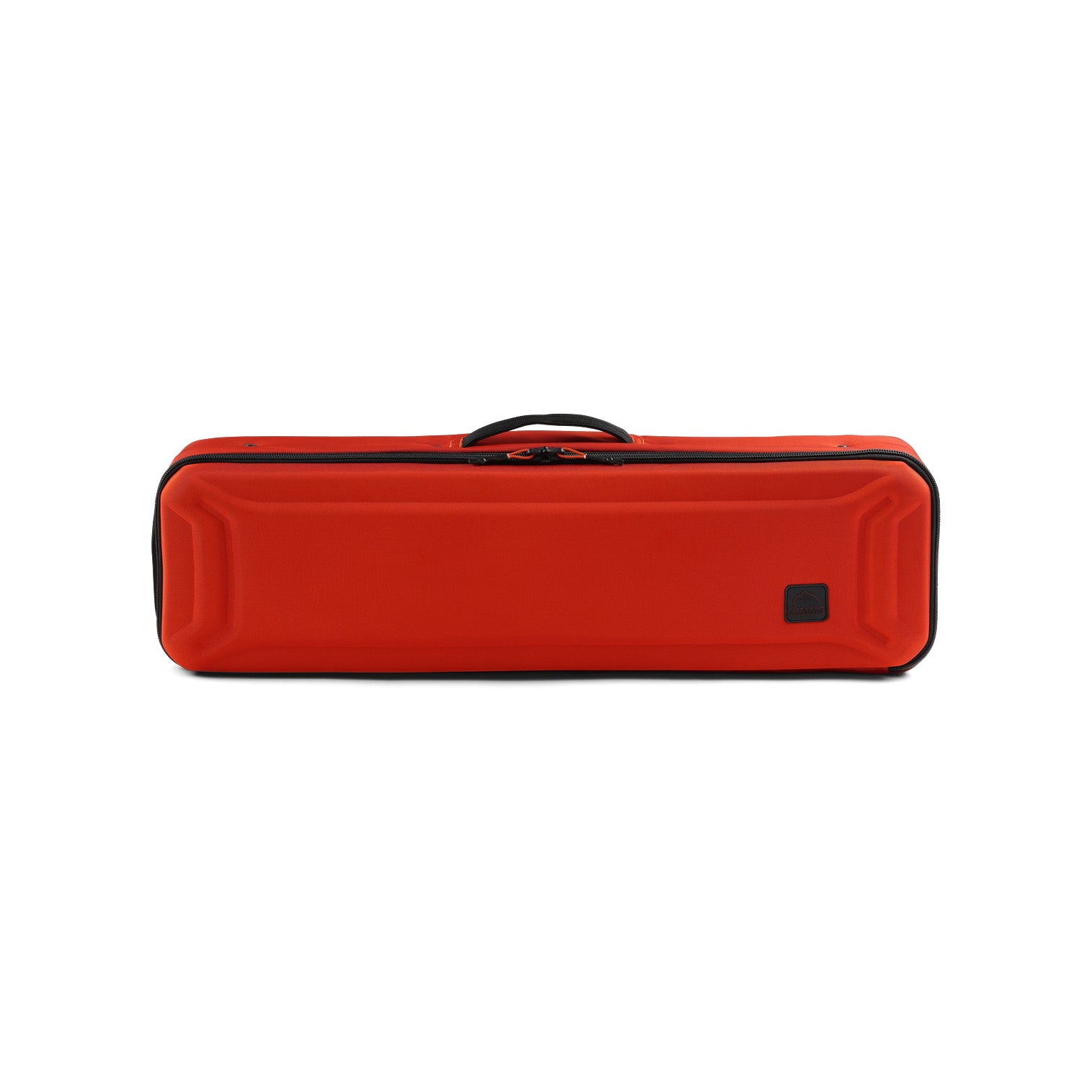
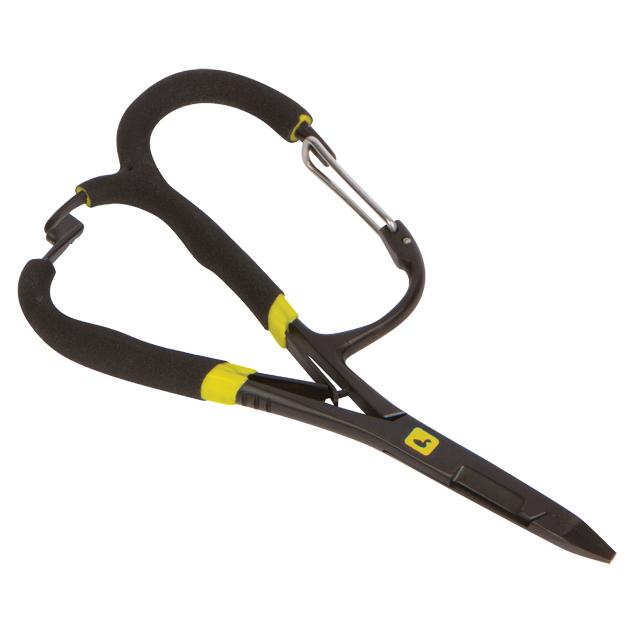
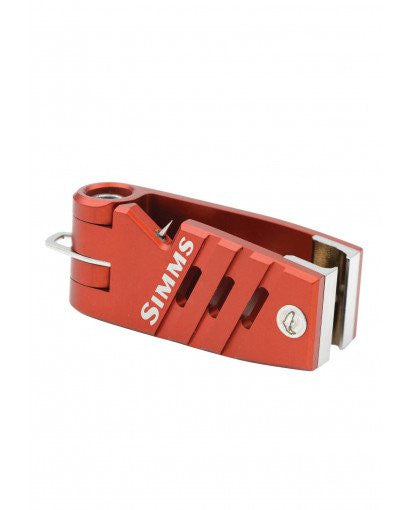
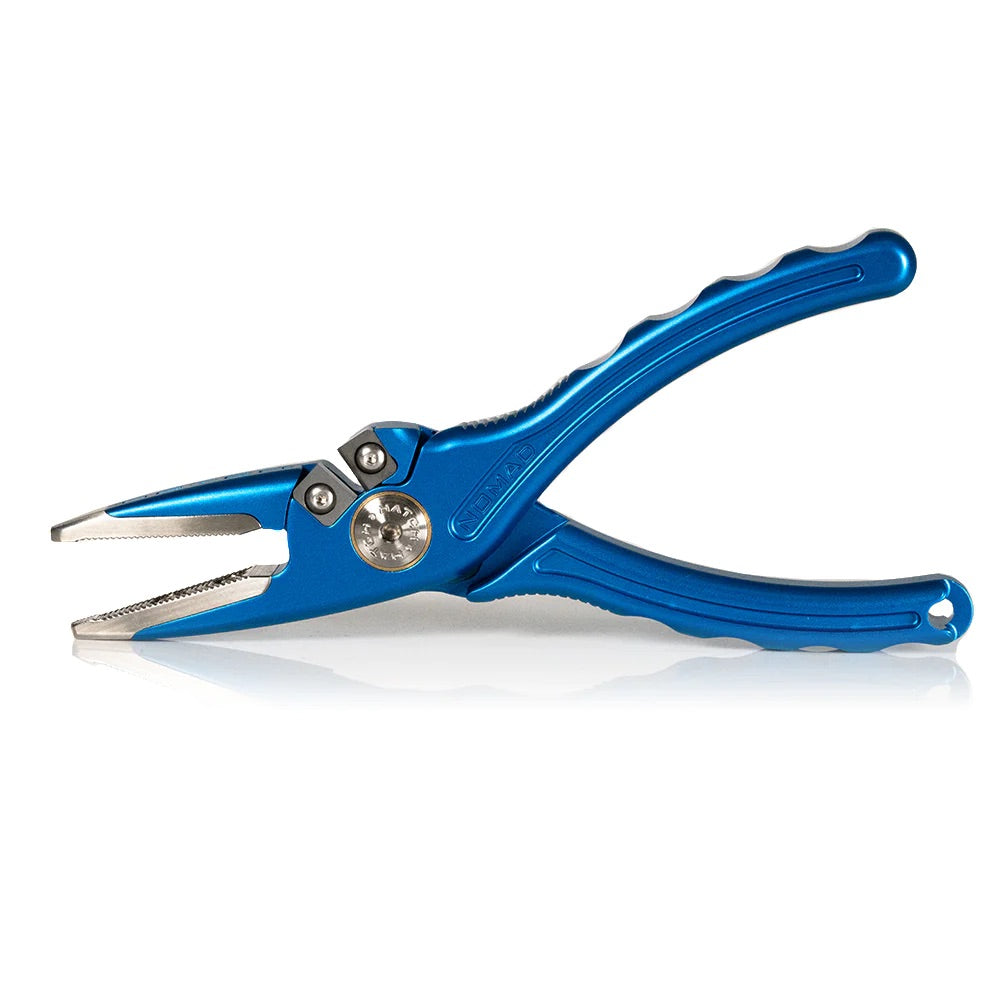
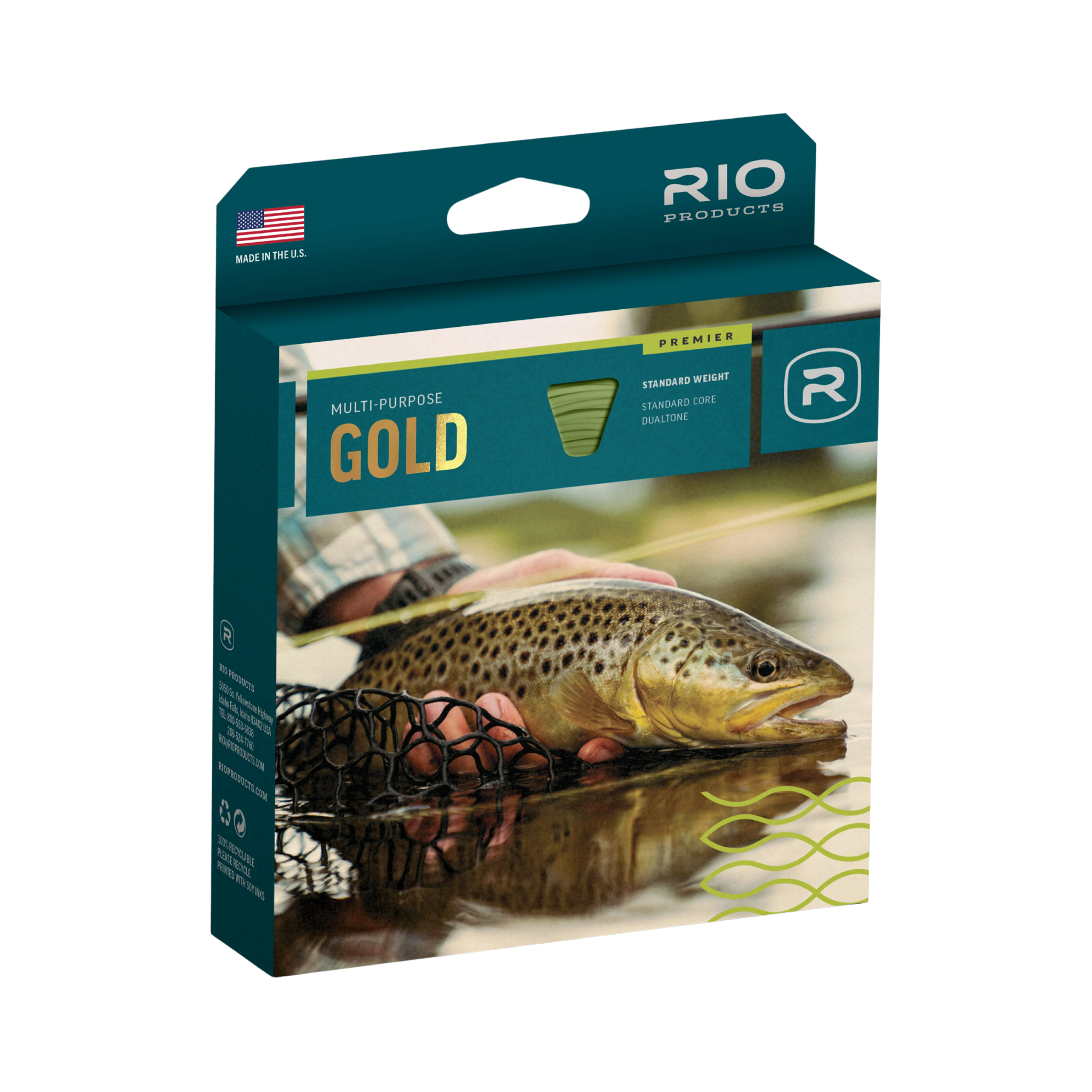
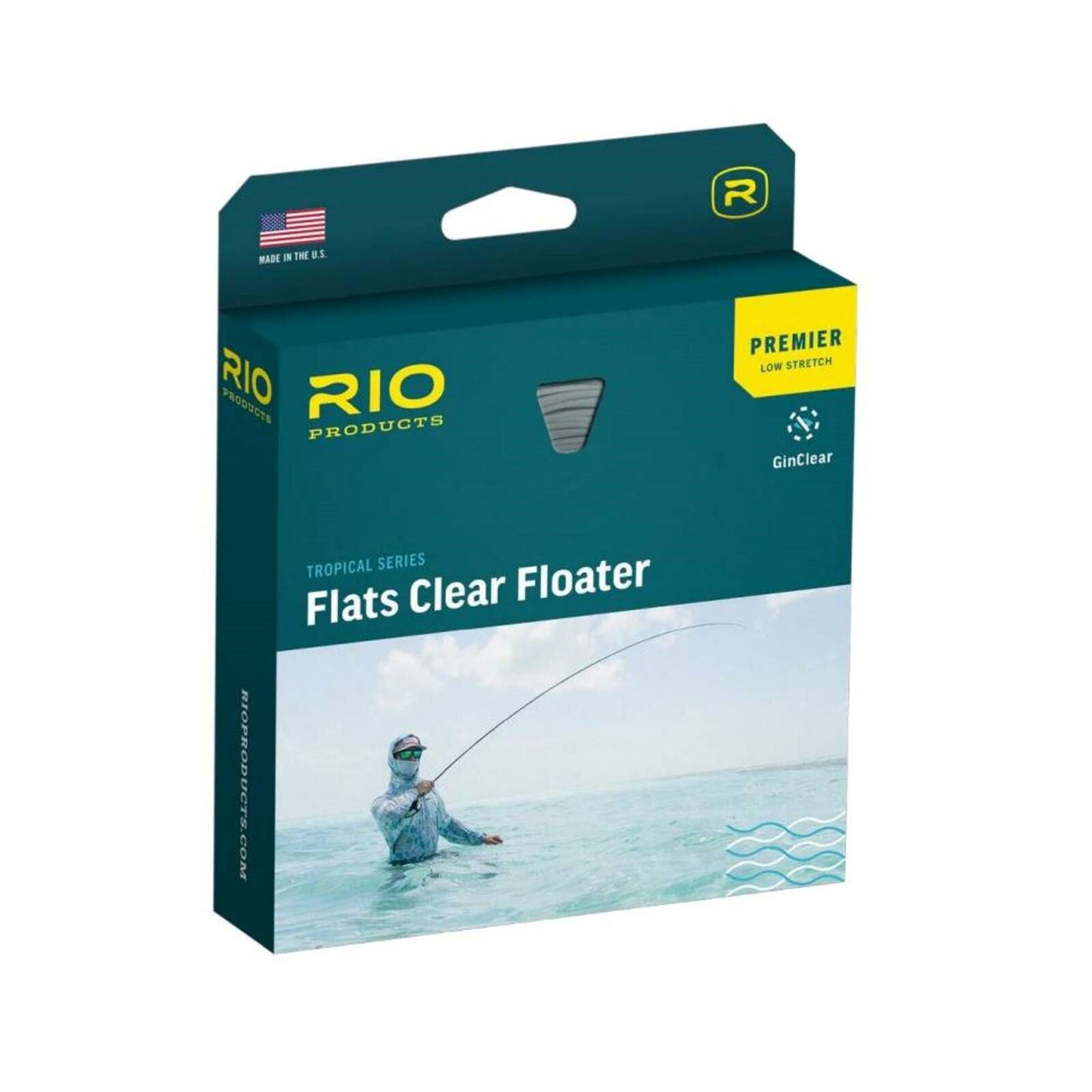
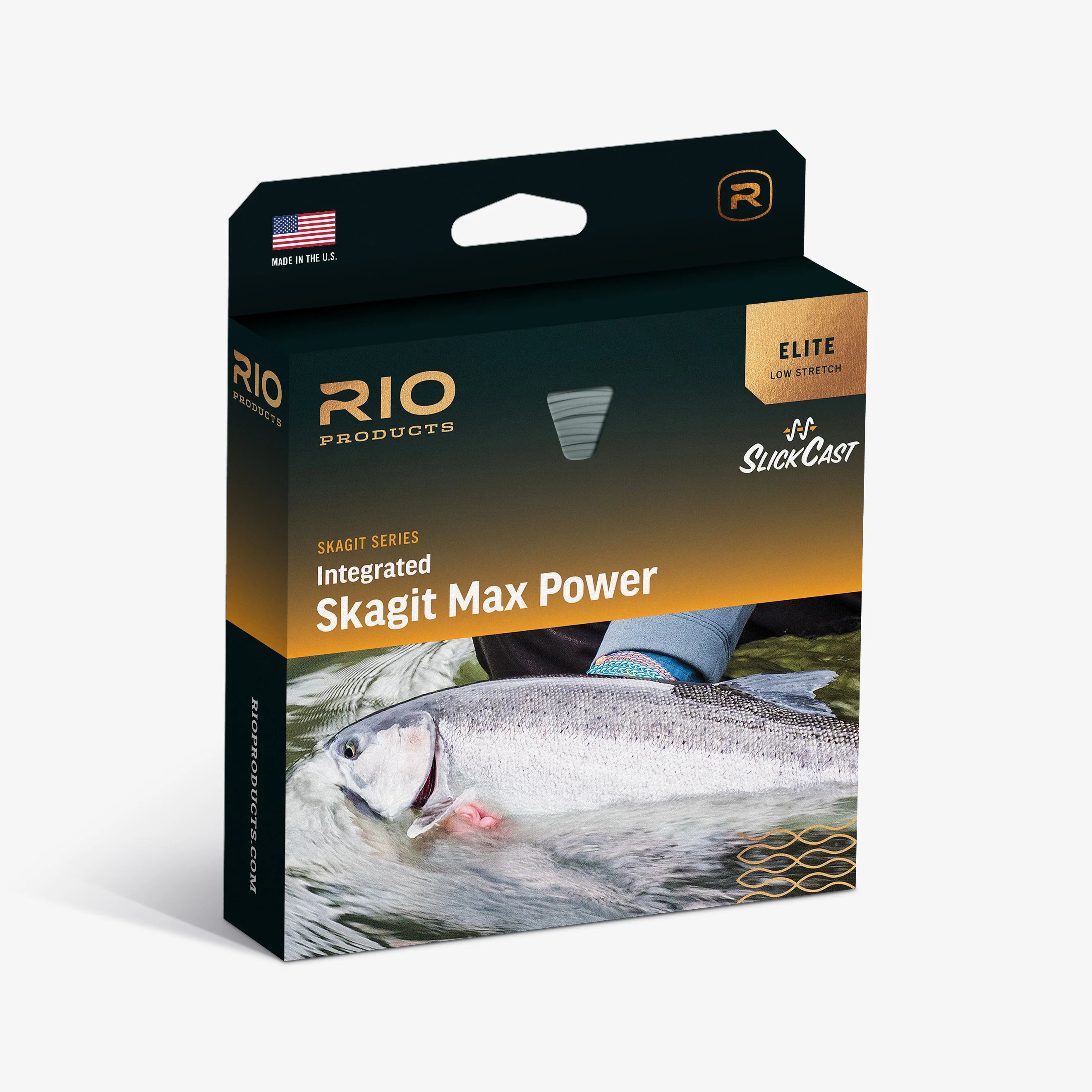
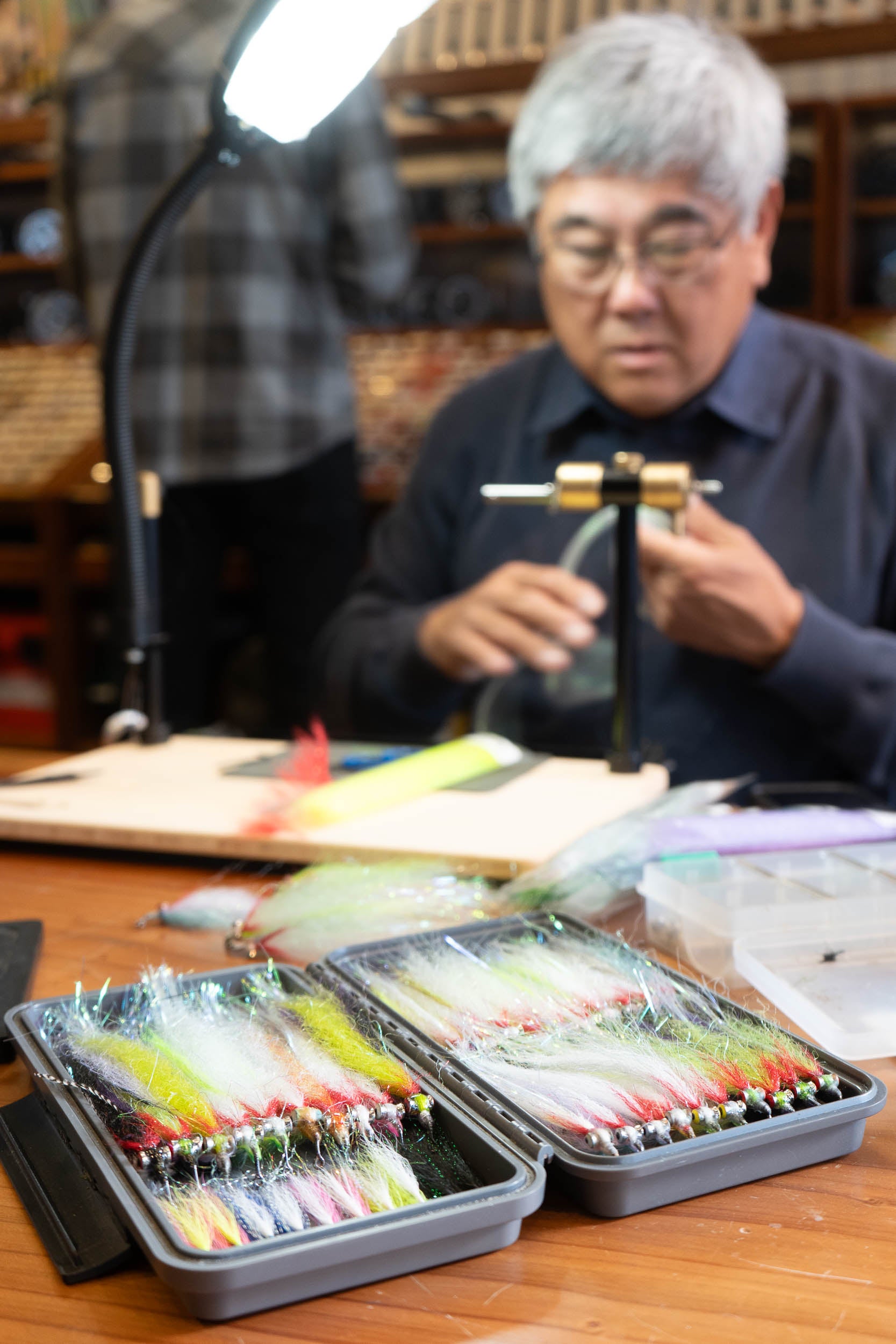
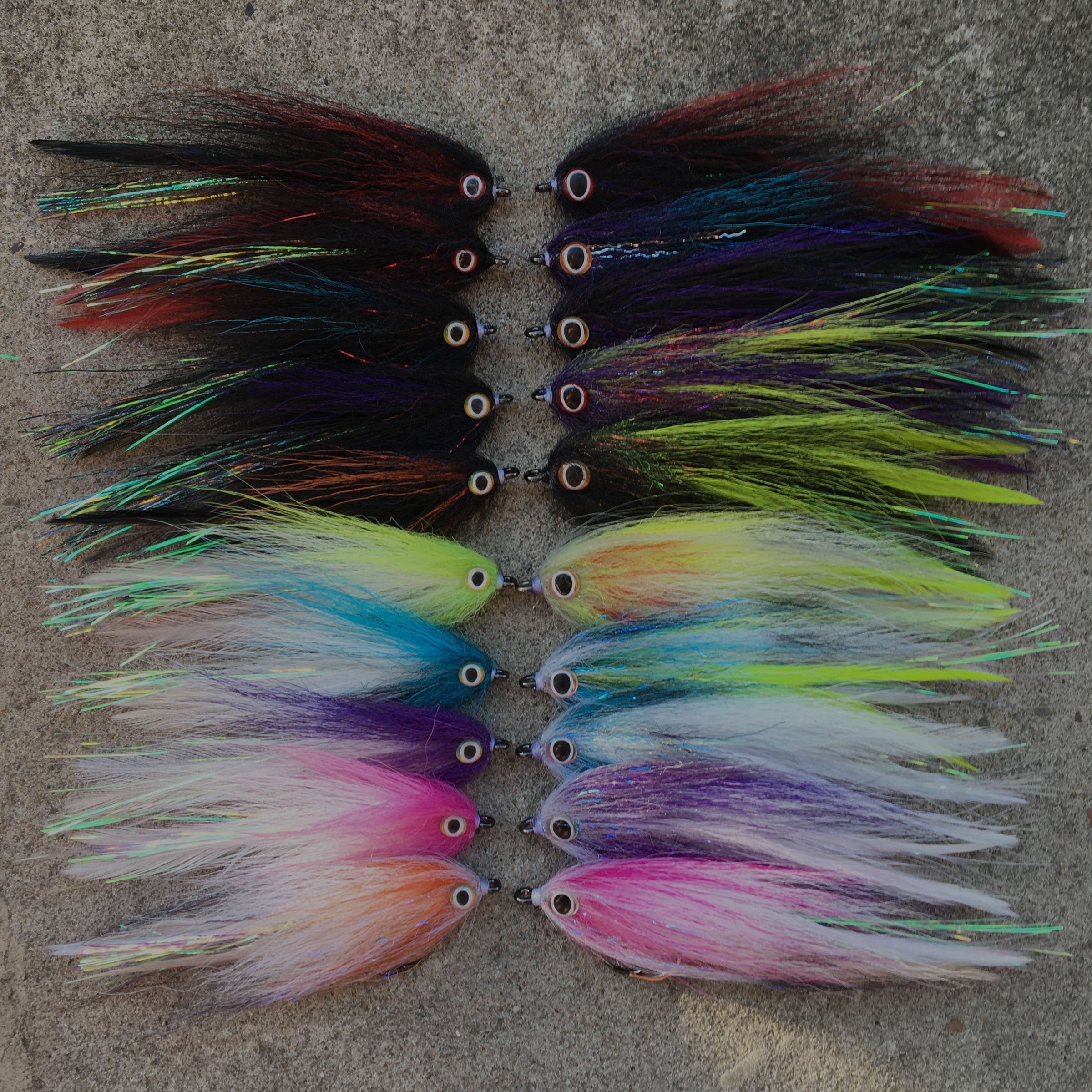
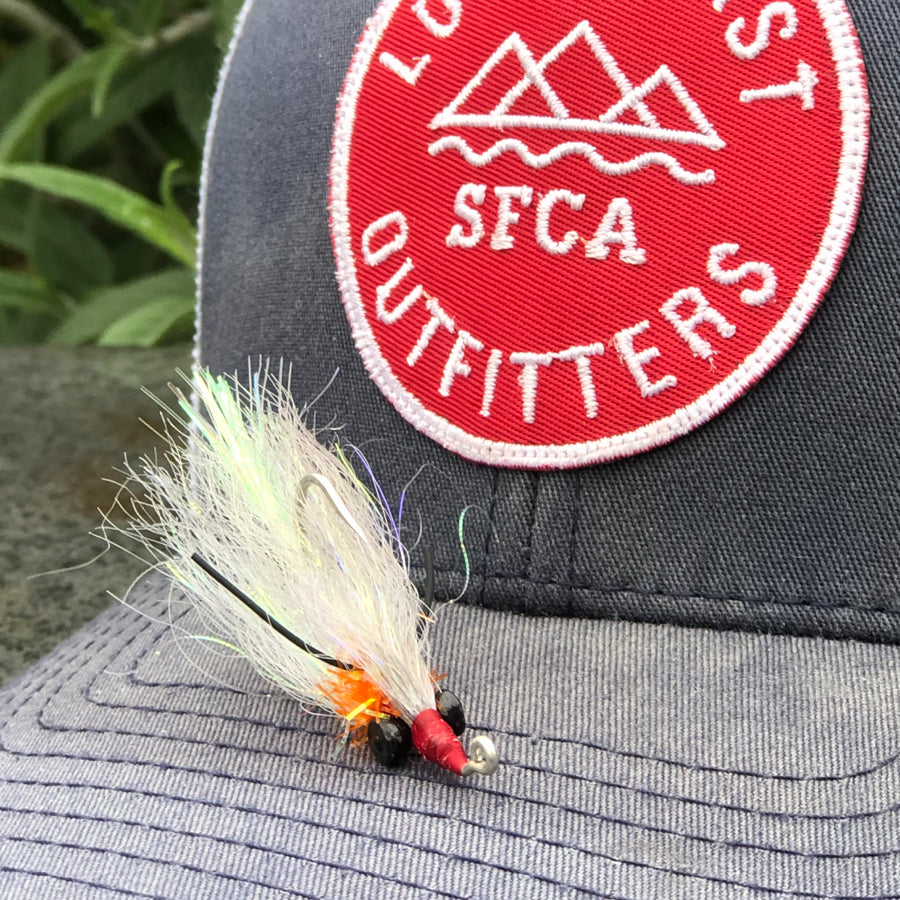
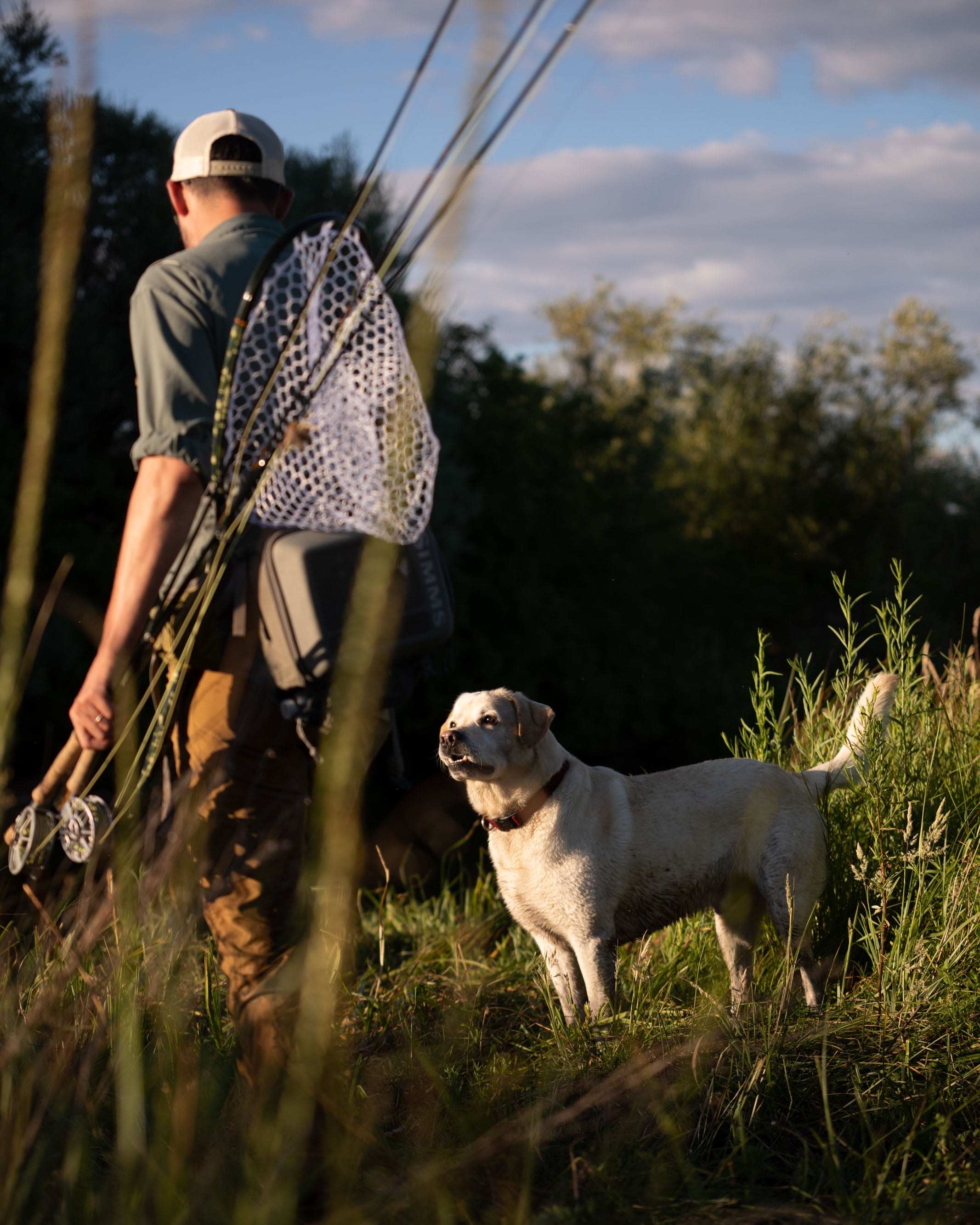

Leave a comment
All comments are moderated before being published.
This site is protected by hCaptcha and the hCaptcha Privacy Policy and Terms of Service apply.